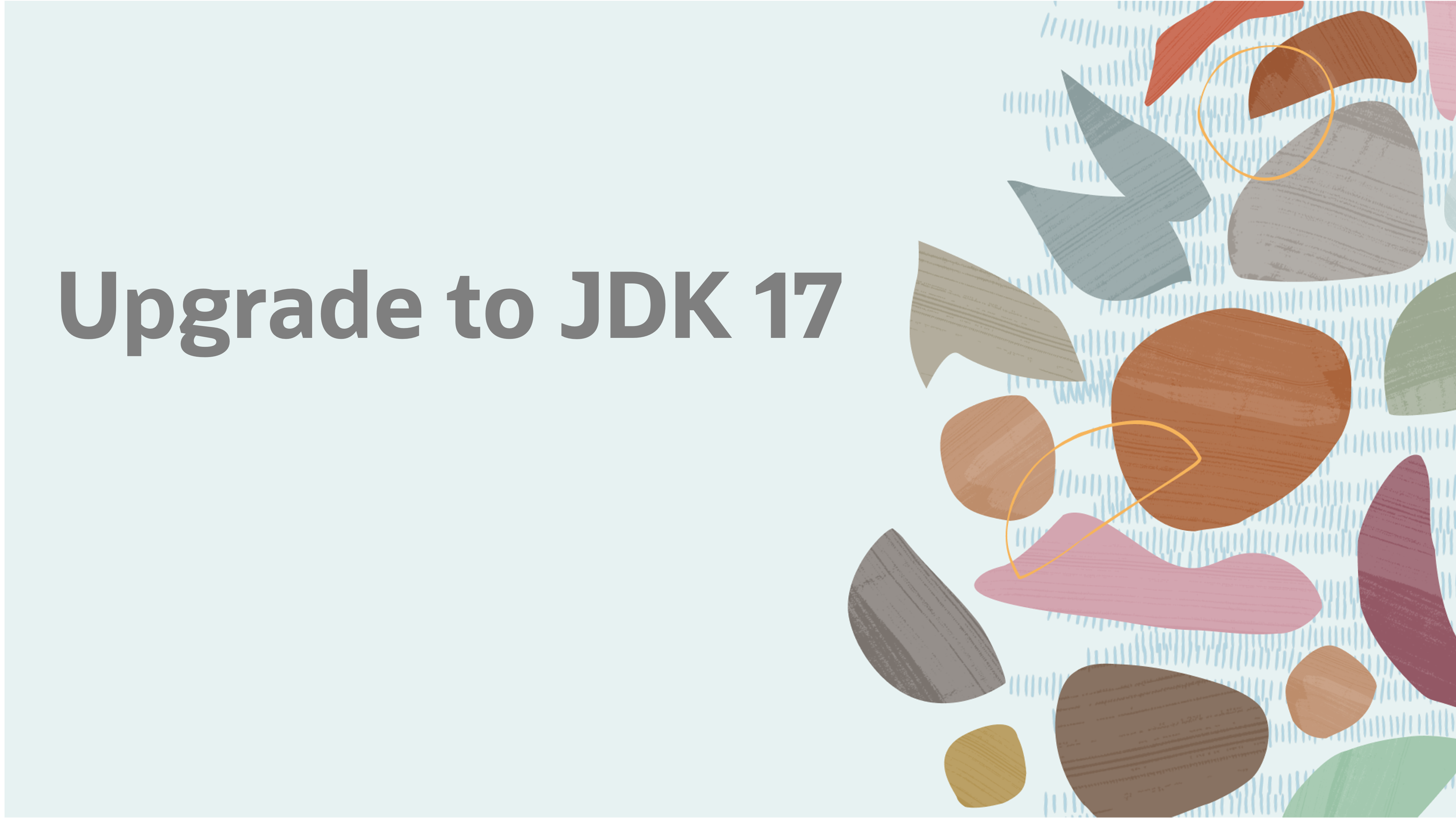
What Oracle is announcing
With the deprecation of JDK 11 in the middle of 2023, Oracle has mandated that all Oracle Integration Cloud services, including Oracle Integration (OIC), run their services explicitly on JDK 17. This includes Oracle Integration services running internally that are not exposed to customers and services running externally on customer sites such as on-premises connectivity agents. Starting in October 2023, we began asking our customers to upgrade their hosts running on JDK 8 or 11 to JDK 17 to meet Oracle’s mandate. This guide describes how to upgrade to JDK 17 and what to expect if you’re not yet upgraded.
What is a connectivity agent?
The on-premises connectivity agent enables you to create integrations and exchange messages between on-premises applications and Oracle Integration. On-premises connectivity agents are hosted in on-premises or cloud environments and establish connections from the on-premises or cloud environment to Oracle Integration.
Upgrade to JDK 17
You do not need to purchase a JDK license. Although the JDK installation can be shared with other products installed on the same host, it is not recommended. This is mainly because some JDK modifications may be required for some products and different products may have different JDK version mandates at different times.
The following operating systems are tested and certified for Oracle Integration Generation 2 and Oracle Integration 3 on-premises environments. If you are using a different operating system, contact us to ensure it is compatible.
- Oracle Linux 6.x
- Oracle Linux 7.x
- Oracle Linux 8.x
- RedHat Enterprise Linux 6.6
- RedHat Enterprise Linux 7.x
- RedHat Enterprise Linux 8.x
- Suse Linux Enterprise Edition 12 SP2
- Windows Standard Edition 2016
- Windows 2019
To begin your upgrade, first ensure that your version of the connectivity agent is compatible with JDK 17. It is not likely, but still possible, that a connectivity agent is not up to date with the latest Oracle Integration updates. This may make it incompatible with JDK 17.
Run the following command from the agenthome directory to determine if the connectivity agent is compatible with JDK 17. The following minimum version on Oracle Integration Generation 2 is required for JDK 17 compatibility.
$ cat version
230505.0528.4033
Oracle Integration on-premises connectivity agents are all compatible with JDK 17.
If you receive the following error when starting the connectivity agent after upgrading to JDK 17, you are not running a compatible version of the connectivity agent.
Agent is only supported on Java version 8 or 11. Please set JAVA_HOME and PATH to the location for Java (JDK 8 or 11). This error occurs because you are using an older version of the connectivity agent.
In that case, perform the following steps:
- Start the connectivity agent once with your previous JDK version (JDK 8 or JDK 11).
- Wait for the connectivity agent to upgrade to the latest version.
- Stop the connectivity agent.
- Restart the connectivity agent with JDK 17.
The steps to download and install JDK 17 are different depending on which operating system you use. Refer to the detailed documentation about minimum system requirements, then download and install JDK 17.
After you install JDK 17, stop the existing connectivity agent in either of the following ways:
- Enter ctrl+c on the host on which the connectivity agent is running.
- Search for the connectivity agent process and kill it.
If you use a KeyStore in Oracle Integration, convert the JKS KeyStore to the PKCS12 KeyStore while the agent is down. If you already use the PKCS12 KeyStore, you don’t need to complete these steps.
Converting the JKS KeyStore to the PKCS12 KeyStore does not impact your Oracle Integration Generation 2 connectivity agent. The new KeyStore only takes effect after you have upgraded to Oracle Integration 3.
Complete the following steps if you use the JKS KeyStore with the connectivity agent:
- On the server that hosts the connectivity agent, create a backup of the keystore.jks file, which is located in the following folder:
- Agent_Install_Location/agenthome/agent/cert
- Move the backup file to a different folder.
- Convert the JKS KeyStore to the PKCS12 KeyStore by running the following command from the command line:
- keytool -importkeystore -srckeystore keystore.jks -destkeystore keystore.p12 -srcstoretype JKS -deststoretype PKCS12 -deststorepass changeit -srcstorepass changeit
- Delete the keystore.jks file in the following location:
- Agent_Install_Location/agenthome/agent/cert
- Wait at least 45 seconds before restarting the connectivity agent. See Restart the Agent to restart the agent based on your environment and production load size.
What if you’re not yet upgraded to JDK 17
Support for the connectivity agent on JDK 8 and JDK 11 ended on December 31, 2023. If you continue to use either version, you no longer receive quarterly updates for the connectivity agent and support for any submitted service requests that involve the connectivity agent.
In addition, some services that depend on the connectivity agent may not function properly after January 15, 2024. This means that connectivity agent traffic on JDK 8 and JDK 11 may be blocked by Oracle.
Lastly, we are only testing our releases against JDK 17 and no longer providing quarterly updates to on-premises connectivity agents running on JDK versions other than JDK 17.
